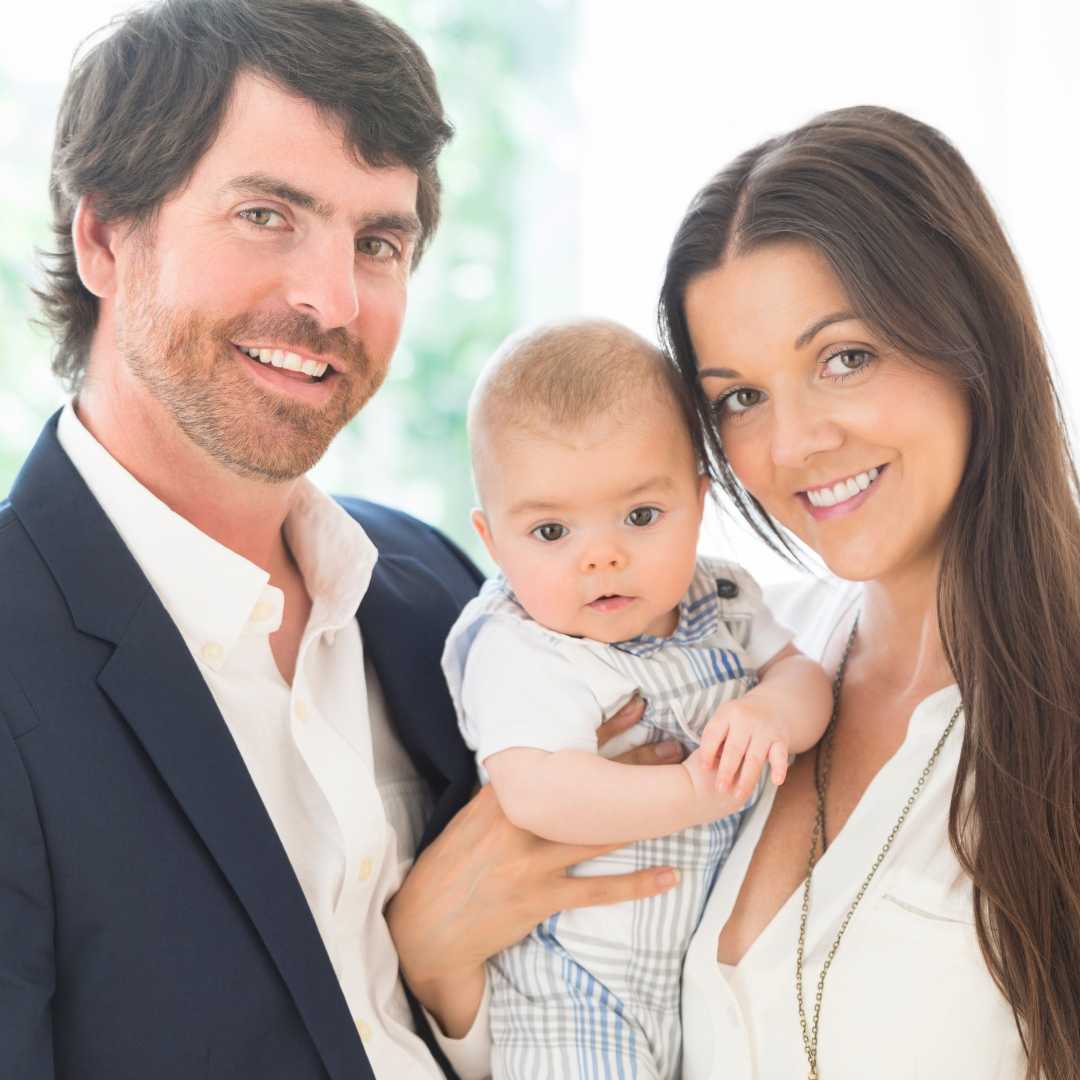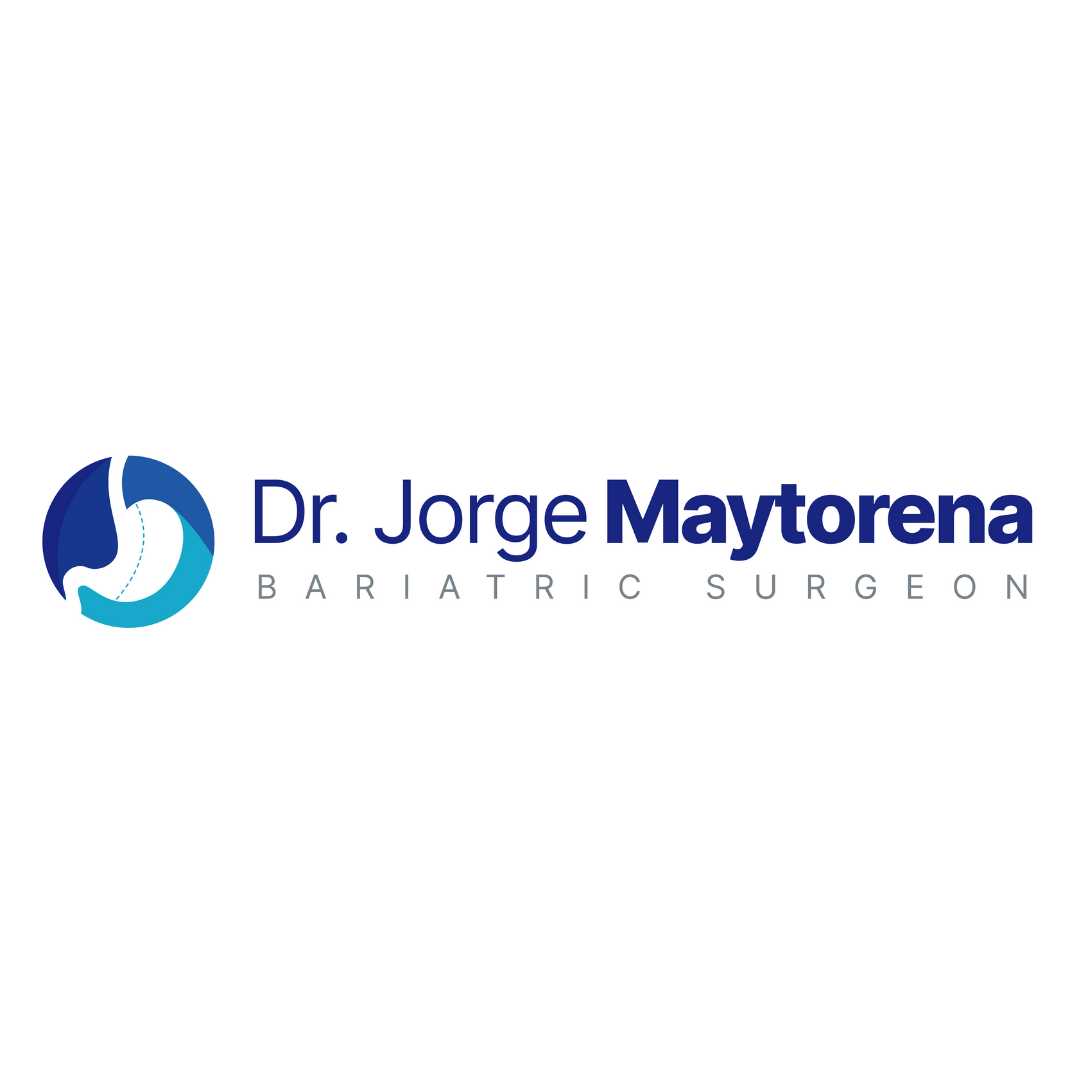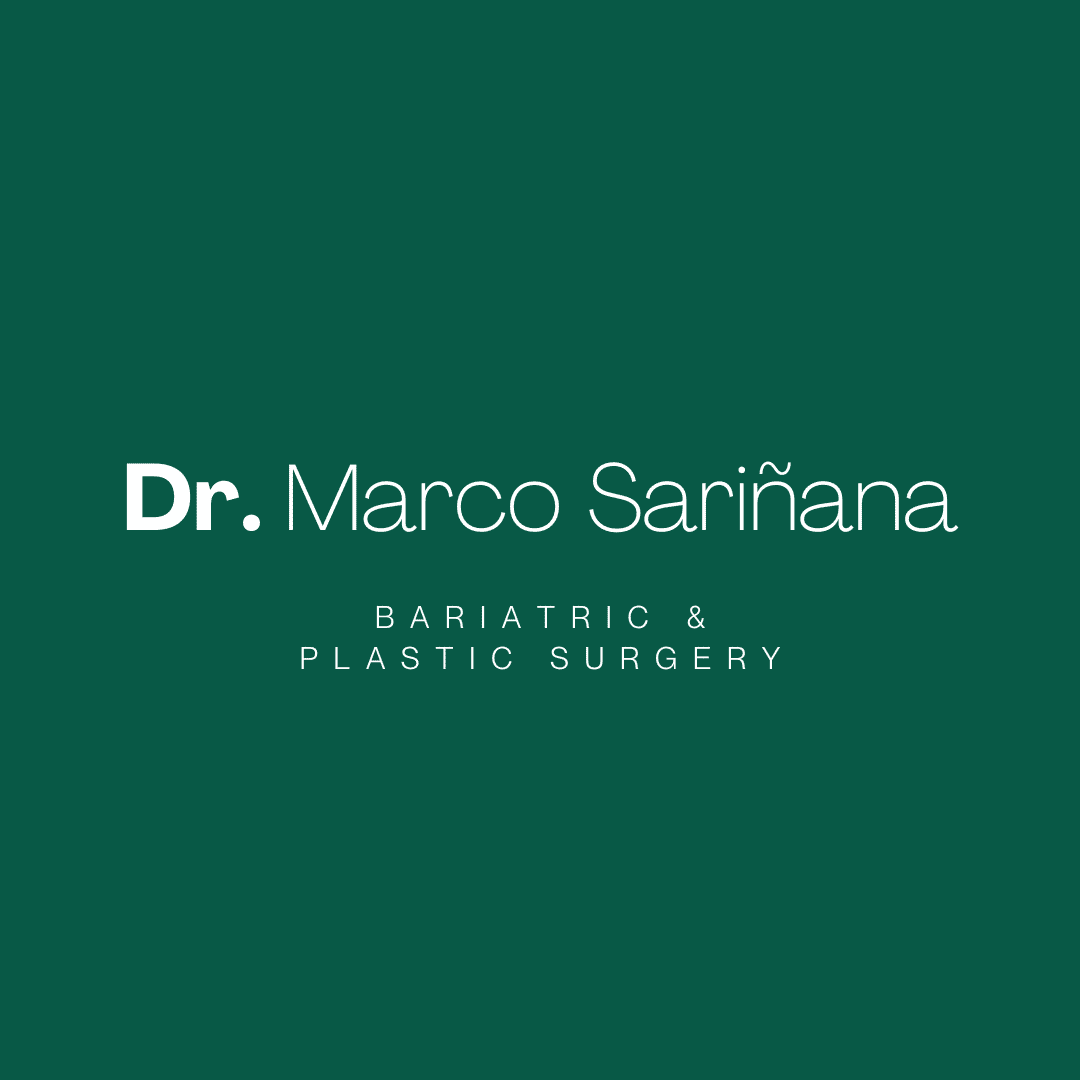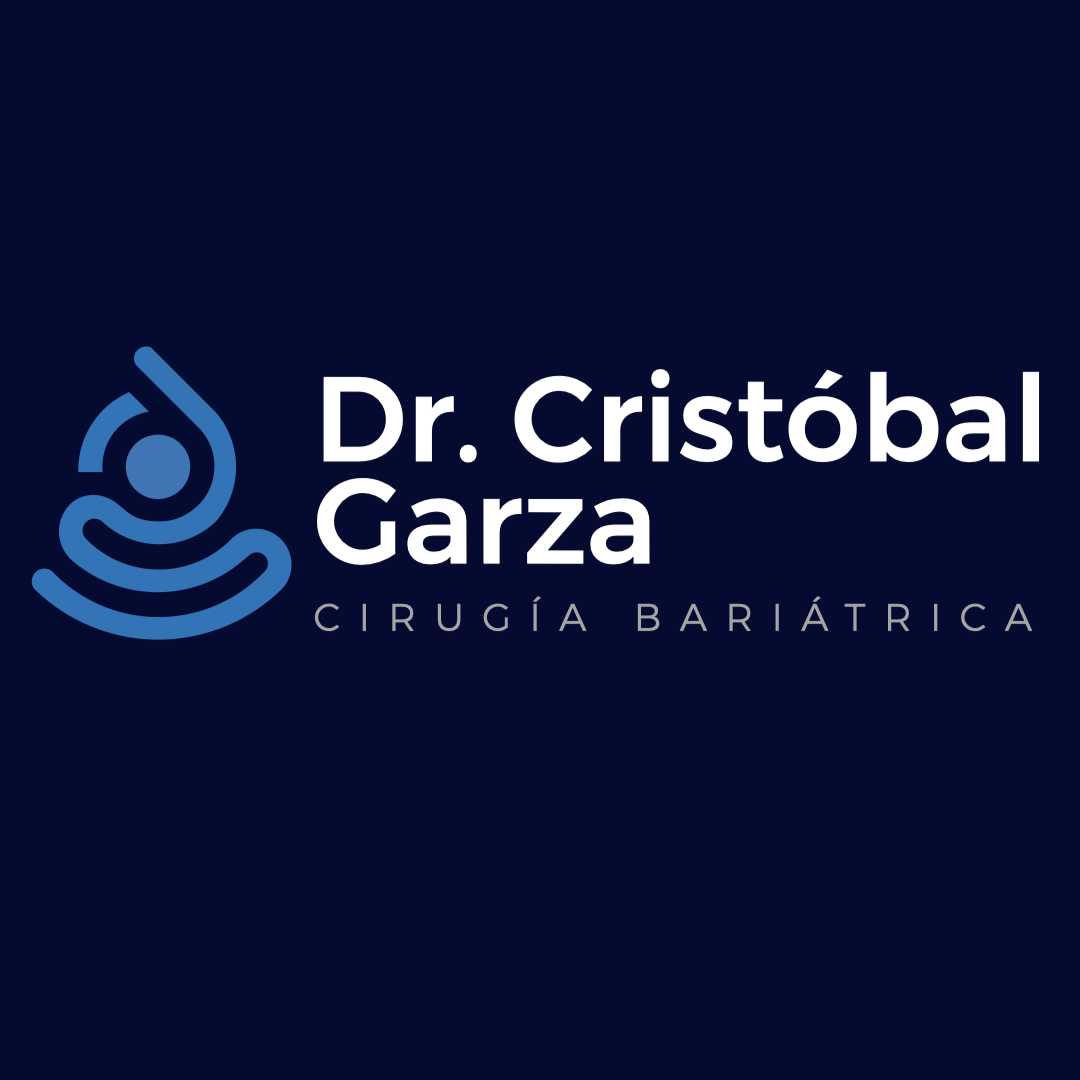The Ultimate Guide to Gastric Bypass Recovery in Mexicali
.png)
Considering gastric bypass surgery in Mexicali is a significant step towards a healthier life. It's a journey that prompts many questions, with one of the most pressing being about the recovery process. You're likely wondering how long it will take, what it will feel like, and when you can get back to your daily routine. This comprehensive guide is here to walk you through every stage of your recovery, providing clear and concise answers to the questions on your mind. From the moment you wake up after surgery to the long-term lifestyle adjustments, we'll cover what you can expect.
The decision to undergo gastric bypass surgery is not just about the procedure itself; it's about the life-changing weeks and months that follow. Understanding the recovery timeline is crucial for a smooth and successful outcome. In the following sections, we will break down the recovery process into manageable stages, offering practical advice and expert insights. We will address everything from your immediate post-operative care in a Mexicali hospital to your diet, activity levels, and the emotional adjustments you may experience. Our goal is to provide you with the knowledge and confidence you need to navigate your recovery from gastric bypass surgery in Mexicali with ease.
What is the immediate recovery like in the hospital?
Your journey to recovery begins the moment you wake up from anesthesia. The first few days are a critical period where the focus is on your comfort and safety. You will be in a recovery room where nurses will closely monitor your vital signs. Pain medication will be administered to manage any discomfort from the incisions. While you might feel groggy and sore, the medical staff will encourage you to start moving as soon as possible, which is crucial for preventing blood clots and other complications.
During your hospital stay, you will slowly be introduced to a liquid diet, starting with clear fluids. The medical team will provide you with specific instructions on how much and how often to drink. This is a crucial first step in allowing your newly resized stomach to heal. Before you are discharged, your surgeon and a nutritionist will provide you with a detailed post-operative plan, including dietary guidelines and activity restrictions, to ensure a smooth transition to your recovery at home.
How long does the full recovery take?
It's helpful to think of your recovery as a phased process. The first few weeks are about healing from the surgery itself. During this time, you will gradually increase your activity levels and advance your diet from liquids to pureed and then soft foods. You will likely feel fatigued, and it is important to listen to your body and get plenty of rest.
The longer-term recovery involves adjusting to your new eating habits and lifestyle. This is a period of significant weight loss and learning to nourish your body in a new way. It's a marathon, not a sprint, and being patient with yourself is key. Regular follow-up appointments with your surgeon and nutritionist in Mexicali (or virtually) are essential to monitor your progress and address any concerns.
What is the typical diet after gastric bypass surgery?
Your new diet is a cornerstone of your success after gastric bypass surgery. The initial phases are designed to be gentle on your healing stomach. Here is a general timeline, though your surgeon will provide a specific plan for you:
- Phase 1: Clear Liquids (First few days): Water, broth, and unsweetened juice.
- Phase 2: Full Liquids (1-2 weeks): Includes protein shakes, skim milk, and sugar-free yogurt.
- Phase 3: Pureed Foods (2-4 weeks): Foods blended to a smooth consistency, such as pureed fruits, vegetables, and lean proteins.
- Phase 4: Soft Foods (4-6 weeks): Foods that are easy to chew and digest, such as scrambled eggs, cooked vegetables, and soft fish.
- Phase 5: Solid Foods (around 2 months): Gradual reintroduction of a wider variety of solid foods, with a focus on lean protein, vegetables, and fruits.
It is crucial to eat slowly, chew your food thoroughly, and pay close attention to your body's signals of fullness. You will also need to take vitamin and mineral supplements for the rest of your life to prevent nutritional deficiencies.
When can I return to work?
The timeline for returning to work depends heavily on the nature of your job and your individual recovery progress. If you have a sedentary job, you will likely be able to return sooner. However, if your job involves heavy lifting or strenuous activity, a longer recovery period is necessary to avoid putting strain on your incisions and abdominal muscles.
It is important to communicate with your employer about your needs and potential limitations when you first return. You may need to start with shorter hours or modified duties. Your comfort and well-being should be the priority. Before you head back to work, have a conversation with your surgeon to ensure you are ready and to get any necessary documentation for your employer.
What level of pain can I expect?
Pain management is a key part of your initial recovery. In the hospital, you will have access to pain relief to keep you comfortable. As you transition home, you may be prescribed pain medication or be able to manage with over-the-counter options as advised by your doctor. The pain is often described as soreness, similar to what you might feel after a strenuous abdominal workout.
It is important to distinguish between normal post-operative pain and signs of a complication. If you experience severe, persistent, or worsening pain, especially if it is accompanied by fever, nausea, or vomiting, you should contact your surgeon immediately. Listening to your body and not pushing yourself too hard will help in managing your pain effectively.
When can I start exercising again?
Physical activity is a vital component of your long-term success. It helps with weight loss, improves muscle tone, and boosts your overall health. Your exercise routine will start slowly. Walking is the best initial activity, and you should aim to walk a little more each day.
As you heal, you can gradually incorporate other forms of exercise. It is crucial to avoid any heavy lifting or abdominal exercises for the first several weeks to allow your incisions to heal properly. Your surgeon will provide you with a specific timeline for when you can safely resume different types of activities. Many bariatric programs in Mexicali also offer guidance on creating a suitable exercise plan for your new lifestyle.
What are the potential complications I should be aware of?
Understanding the potential risks is an important part of making an informed decision about surgery. The surgical teams in Mexicali's top hospitals are highly experienced in minimizing these risks. Short-term complications can include issues like bleeding, infection, and adverse reactions to anesthesia. Long-term, there is a risk of developing hernias, ulcers, or bowel obstruction.
One specific long-term concern after gastric bypass is "dumping syndrome," where certain foods, particularly those high in sugar, move too quickly from the stomach to the small intestine, causing nausea, cramping, and diarrhea. Following your dietary guidelines closely can help prevent this. Your surgeon will discuss all potential complications with you in detail during your consultation.
How often will I have follow-up appointments?
Your relationship with your surgical team doesn't end when you leave the hospital. Regular follow-up appointments are essential to monitor your weight loss, nutritional status, and overall health. These appointments are an opportunity to ask questions, address any challenges you are facing, and make any necessary adjustments to your plan.
Many clinics in Mexicali offer virtual follow-up options for international patients, making it convenient to stay connected with your surgeon and support team. These check-ins are vital for ensuring you are on track and for catching any potential issues early.
Can I drive after the surgery?
Your ability to drive safely is a key consideration after surgery. The effects of anesthesia and pain medication can impair your judgment and reaction time. It's crucial to wait until you are no longer taking narcotic pain relievers and feel strong and alert enough to control a vehicle.
Before you get behind the wheel, practice sitting in the driver's seat and making the necessary movements to ensure you can do so without pain or restriction. It's always best to err on the side of caution and have someone else drive you until you are confident in your ability to drive safely.
When is it safe to fly back home?
For international patients traveling to Mexicali for surgery, planning your return trip is an important part of the process. Flying too soon after surgery can increase the risk of deep vein thrombosis (DVT), a serious condition where blood clots form in the legs. Your surgeon will want to ensure you are mobile and recovering well before giving you the green light to fly.
During your flight, it's important to get up and walk around the cabin periodically to promote circulation. Wearing compression stockings can also be beneficial. Make sure to stay well-hydrated by drinking plenty of water throughout the flight.
What should I pack for my trip to Mexicali?
Packing thoughtfully can make your recovery in Mexicali more comfortable. In addition to the essentials, consider bringing:
- Comfortable Clothing: Loose pajamas, sweatpants, and t-shirts will be your best friends.
- Personal Items: Your toothbrush, toothpaste, and any other toiletries you prefer.
- Entertainment: Books, magazines, a tablet, or a laptop to keep you occupied during your downtime.
- Important Documents: Your passport, medical records, and any information provided by the clinic.
- A notebook and pen: To jot down any questions you have for your medical team.
Most hospitals in Mexicali will provide the basic necessities, but having your own familiar items can make you feel more at home.
How should I care for my incisions?
Proper incision care is essential for preventing infection and promoting healing. You will likely have several small incisions from the laparoscopic surgery. Your surgeon will provide detailed instructions on how to clean the area and when it's safe to get them wet.
It's important to avoid soaking in a bathtub, hot tub, or swimming pool for several weeks until your incisions are fully healed. If you notice any signs of infection, contact your surgeon's office right away. Following their instructions carefully will help ensure your incisions heal cleanly and with minimal scarring.
What emotional changes can I expect?
The journey of weight loss surgery is not just a physical one; it's also an emotional one. Many patients experience a "honeymoon phase" of excitement as they see the weight coming off. However, it's also normal to feel overwhelmed by the changes, frustrated with the dietary restrictions, or even a sense of loss for your old relationship with food.
It's important to be kind to yourself and to seek support when you need it. This could be from friends, family, a therapist, or a bariatric support group. Many gastric bypass clinics in Mexicali offer access to support resources to help you navigate the emotional aspects of your recovery.
What is the success rate of gastric bypass in Mexicali?
The effectiveness of gastric bypass surgery is well-documented. Mexicali is home to many highly skilled and experienced bariatric surgeons who have helped thousands of patients achieve significant and lasting weight loss. The key to long-term success is viewing the surgery as a tool, not a magic wand. Your dedication to following the post-operative guidelines is what will ultimately determine your results.
Beyond weight loss, gastric bypass surgery can also lead to the resolution or improvement of many obesity-related health conditions, such as type 2 diabetes, high blood pressure, and sleep apnea, further contributing to its high success rate.
How do I choose the right surgeon in Mexicali?
Your comfort and confidence in your surgeon are paramount. When researching surgeons in Mexicali, consider the following:
- Credentials and Experience: Look for a surgeon who is board-certified and specializes in bariatric surgery. Ask how many gastric bypass procedures they have performed.
- Hospital Affiliations: Ensure the surgeon operates at a reputable and accredited hospital.
- Patient Testimonials: Read reviews from previous patients to get a sense of their experiences.
- Consultation: Schedule a consultation (many are offered virtually) to discuss your goals, ask questions, and see if you feel comfortable with the surgeon's approach.
Taking the time to do your research will help you find a surgeon you can trust to guide you through this life-changing journey.
Ready to take the next step in your weight loss journey? Explore PlacidWay to find trusted and affordable gastric bypass surgery options in Mexicali and connect with experienced medical professionals who can help you achieve your health goals.




.png)




.png)









Share this listing